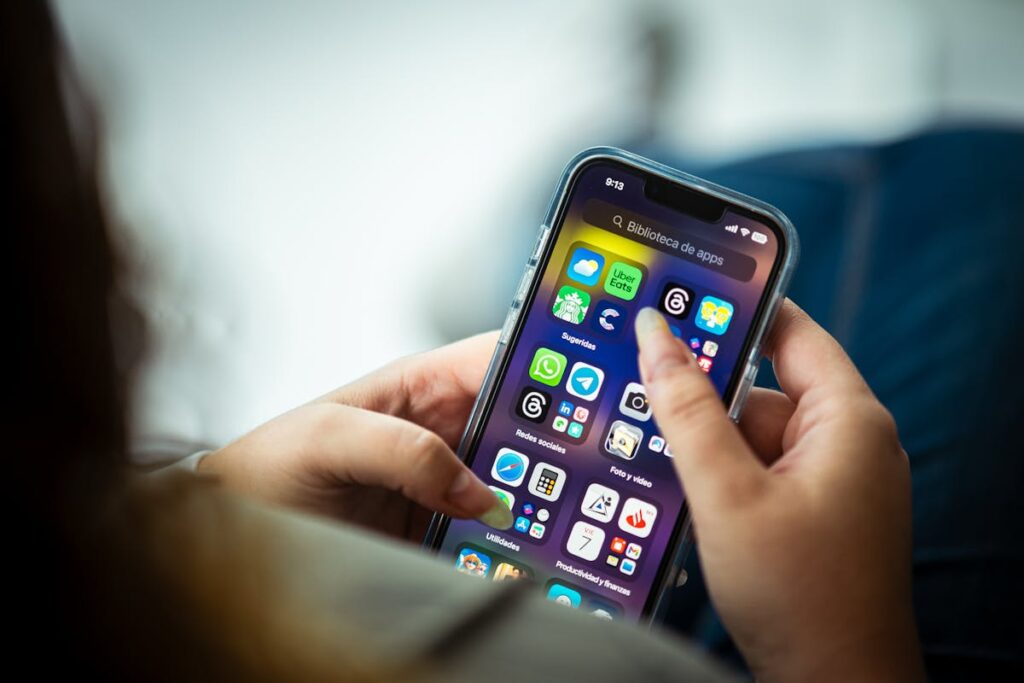15 Smart Money Habits That Help You Save for Life
Living frugally doesn’t mean being cheap; it means being thoughtful about spending and saving. Small, everyday choices can add up to big savings over time.
Good habits make all the difference, whether you’re trying to build your savings, pay off debt, or just get better with money. These simple strategies can help you live well without overspending. Here are frugal habits that are worth keeping for life.
Always Make a Shopping List

Going to the store without a plan makes buying things you don’t need easy. A shopping list helps you stay focused and avoid impulse buys. It also saves time and reduces food waste since you’re only buying what you’ll actually use. Whether at the grocery store or shopping for clothes, a list controls your spending. This small habit can lead to big savings.
Cook More Meals at Home

Eating out is convenient but it adds up fast. Making meals at home is almost always cheaper and healthier. You can prepare extra food and save leftovers for another day. Cooking also gives you more control over ingredients and portion sizes. Even simple meals can help you stick to your budget and avoid waste.
Buy Used When You Can

Not everything needs to be brand new. Thrift stores, online marketplaces, and garage sales can offer great deals on clothes, furniture, books, and more. Used items often cost a fraction of the price and are just as good as new. Choosing secondhand helps the planet too by reducing waste. It’s a smart and sustainable way to save money.
Avoid Unnecessary Subscriptions

Streaming services, apps, and memberships can quietly eat into your budget. Take time to review your monthly charges and cancel anything you don’t use regularly. Even small fees add up over time. Keeping only what you really use helps you stay mindful about where your money goes. It’s a quick way to free up extra cash each month.
Use Cash or a Budgeting App

When you track what you spend, staying on budget is easier. Cash can help limit spending since you can only use what’s in your wallet.
Budgeting apps make it easy to see where your money is going and spot bad habits. Find a system that works for you and stick to it. Staying aware of your spending is the first step toward financial control.
Save Before You Spend

Treat your savings like a bill that needs to be paid first. Set up automatic transfers to your savings account so you don’t forget. Even small amounts saved regularly can grow over time.
Saving first helps you build a cushion for emergencies or future goals. It’s one of the most powerful habits for long-term financial health.
Learn to Do Things Yourself

Hiring help for small tasks can be expensive. Learning basic skills like sewing, simple repairs, or home maintenance can save you a lot. You don’t have to be an expert; knowing how to fix small problems can make a big difference. There are plenty of free videos and tutorials online to help you learn. Being a little more self-sufficient saves money and builds confidence.
Plan Ahead for Big Purchases

Impulse buying often leads to regret and overspending. If you want something expensive, take time to research it and think it over.
Compare prices, wait for sales, and ensure it fits your budget. Planning ahead also helps you avoid putting things on credit. When you save first, buying something feels a lot more rewarding.
Avoid Debt Whenever Possible

Debt can quickly take over your finances if you’re not careful. Try to avoid borrowing for things you don’t really need. If you use a credit card, pay it off in full each month to avoid interest.
Living within your means is one of the most important frugal habits. Staying out of debt keeps your money working for you—not for lenders.
Make the Most of What You Have

Before buying something new, ask yourself if you can repurpose or repair what you already own. Use up food before it expires, wear clothes more than once before washing, and take care of your belongings.
Stretching the life of the things you already own saves money and reduces waste. A little creativity goes a long way. It’s about being resourceful, not restrictive.
Shop Sales and Use Coupons

There’s no shame in looking for a good deal. Buying things on sale or using coupons can save you a lot over time. Plan your purchases around sales and take advantage of loyalty programs when it makes sense.
Just be careful not to buy things you wouldn’t normally buy just because they’re on sale. A smart shopper knows the difference between saving and spending.
Cut Back on Convenience Items

Pre-cut fruit, bottled water, and fast food may save time but they cost a lot more. You can prepare snacks, meals, and drinks at home with little effort.
Buying in bulk and portioning items yourself saves money and reduces packaging waste. Small changes in daily habits can lead to big savings over time. Convenience has its price—frugal living is about choosing wisely.
Embrace Free and Low-Cost Fun

Entertainment doesn’t have to be expensive. Look for free community events, library programs, nature trails, or game nights at home. Spending time with friends and family doesn’t have to cost a thing. Life feels richer when you focus on the experience rather than the price tag. Enjoying life while saving money is a win-win.
Use What You Own Before Buying More

It’s easy to forget what you already have. Before making new purchases, check your pantry, closet, and storage space. You might already have what you need or something that can be repurposed.
This habit helps reduce clutter and save money. It also helps you become more mindful about what you bring into your home.
Focus on Long-Term Goals

Frugal habits work best when you have a clear reason behind them. Whether it’s saving for a home, paying off debt, or building an emergency fund, having a goal keeps you motivated.
Remind yourself why you’re making smart choices, even when it feels hard. Every small step moves you closer to your goal. Staying focused helps you build a life you’re proud of—without breaking the bank.
Related: 15 Clever Hacks To Reduce That Never-Ending Grocery Bill

Managing grocery expenses can be challenging for many households, especially with rising food costs and fluctuating budgets.
However, with some creativity and resourcefulness, you can implement numerous clever hacks to reduce your never-ending grocery bill without sacrificing the quality or variety of your meals.







